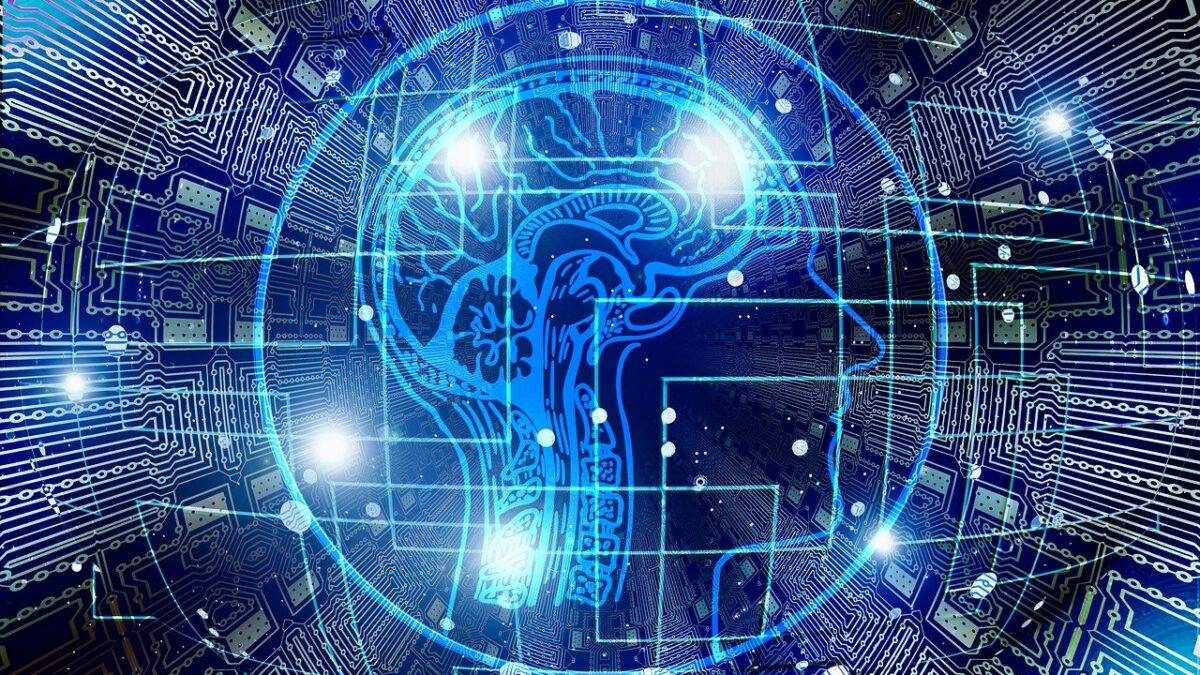
Does Artificial Intelligence have greater benefits than limitations in Law?
August 14, 2024
Mastering Presentation Skills in Law School
August 16, 2024Disclaimer: This article is written by Jack Martin. Any views and opinions expressed in this article are those of the writers and do not necessarily reflect the views or positions of the team editor nor any entities they represent.
Artificial Intelligence is a tool that is rapidly growing, and it is used by many industries in many ways. For example: helping with efficiency and time saving, proofreading, writing large documents, and compiling evidence for certain subjects, or cases where facts are needed. This is all done within a few minutes and so you can see where the appeal is. However, this made me wonder, would AI be useful in an industry where not only evidence is needed, but where some degree of human judgement is also required?
‘Ethics and law are inextricably linked in modern society, and many legal decisions arise from the interpretation of various ethical issues. Artificial Intelligence (AI) adds a new dimension to these issues.’ (Karliuk, 2018)
What are the benefits of AI?
Increased efficiency and time savings – Time-consuming activities, such as legal research and document review can be automated, which can allow lawyers to focus on more important tasks. This ultimately leads to increased productivity, and also to lawyers having better, and stronger relationships with clients. This is because they have more time to talk about the specifics of their cases with clients. Many firms agree that freeing lawyers from the ‘low-level’ tasks gives them the time to engage in the creative, and more human-specific side of legal work, which includes talking to clients and explaining and exploring strategies/theories.
Improved access to legal services – If the legal system adopts AI, then justice can be given to more people, due to the fact that AI will allow legal representatives to be more efficient, and in turn this will allow them to help more clients. It will also help increase accessibility to courts and judicial systems for a broader range of individuals. While AI cannot fully represent a client, the technology will help reduce the amount of litigation a lawyer might need to do during contract writing stages.
24/7 Availability – AI tools do not get tired or fatigued like human lawyers, and they do not change performance depending on the time, this means that it can be reliable 24/7 and give constant advice. Having AI that can give you legal advice, at any time, and for however long you need is an extremely useful benefit of using AI in Law. This gives AI an edge over humans in any field of work, as it can work 24/7, and work on pure facts, as opposed to humans who get tired, and they (subconsciously or consciously) let emotions influence their work sometimes.
Reduced Costs – Machine Learning and AI breaks down barriers that some clients may have when looking for justice. This is because using AI reduces the high cost of legal assistance, and it also reduces the time needed for a lawyer to deal with a client, which will further reduce the costs that clients have to pay to lawyers.
What are the limitations of AI?
Information inaccuracy – AI has the capacity to generate false responses, and the terminology for these is ‘hallucinations.’ The AI tool can fabricate content and cite cases that do not exist. Therefore, the content that AI produces needs to be carefully monitored and checked, to ensure that it is a real and verified source.
Legal Practitioners’ Liability Committee says, ‘The case of Roberto Mata v Avianca exemplifies the importance of independently verifying AI outputs. In this case, a lawyer from a prominent firm relied on ChatGPT for research purposes and filed a document referring to several non-existent cases. The lawyer, who admitted to never having used ChatGPT for legal research before, said that he ‘was unaware of the possibility that its content could be false.’ ‘The court held the lawyer accountable, and he was fined for submitting misleading and erroneous information to the court.’ We can see that the lawyer’s use of AI put him in a position that is clearly not desirable by anyone trying to use AI to their benefit when dealing with the law.
Bias and discrimination – AI can be biased, depending on who manufactured and programmed the AI itself. For example, if someone is taught by a certain person their traits and views might be shown through the student. Altlaw says, ‘If the historical data used to train AI models contains bias or discriminatory patterns, AI can perpetuate these and lead to unjust outcomes. Fairness and justice are paramount in legal practice, so the risk of bias while using software that could sway decisions is a significant concern.’ Justice is a key part of the legal sector, and using AI can disrupt justice being served if used incorrectly.
Ethical concerns – Ethical issues are a big reason AI is not expanding more rapidly than it already is. Many people do not trust AI’s use of algorithms to produce an answer. Clio has this passage on their website, which I believe sums it up; ‘AI uses trained algorithms to analyse vast amounts of data. These algorithms can collect biased historical information, which means that the AI system may also inadvertently produce biased results. When this information is used in the practice of law, it can lead to unfair outcomes and perpetuate discrimination.’
The problem is that predictive analytics can be discriminatory. If said algorithm pulls data from a district with a higher level of racial discrimination, said algorithms could perpetuate systemic biases and further racial injustice.
Complexity and Cost of Implementation – Integration of AI in a field that has been dependent on paper files for a while is extremely difficult. Even if technology is easy to implement many lawyers are resistant to change. When talking to lawyers I met during work experience at Birmingham Magistrates Court, they seemed very resistant to change. They believed that the implementation of AI and technology in the legal field would be very gradual, as they said the investment was low, especially in criminal law.
Hybrid Systems
Now that we have gone through the benefits and the limitations of AI separately, we should look at the idea of artificial intelligence used alongside lawyers and legal professionals. Alarie says ‘Software systems that aim to replace systems of social ordering will succeed best as human–machine hybrids, mixing scale and efficacy with human adjudication for hard cases. They will be, in an older argot, “cyborg” systems of social ordering’. When we look around, it turns out that such hybrid systems are already common. Machines make the routine decisions while leaving the hard cases for humans. A good example is the flying of an airplane, which, measured by time at the controls, is now mostly done by computers, but sensitive, difficult, and emergency situations are left to a human pilot.
This article also makes a good point that we do not hire judges because they are human, but due to their thinking abilities, and their ability to judge a case fairly without bias. It also makes the point that AI cannot handle figurative language. Things like tone, and context are extremely important sometimes, as some statements may be figurative and not literal.
Conclusion
We have clearly seen that the use of artificial intelligence within law can present benefits and limitations simultaneously. However, after the research, and weighing these up, I believe that the benefits of using AI in law outweigh the limitations. However, the best type of lawyer is one who uses AI along with their own thoughts. ‘Hybrid systems’ are good as they limit the disadvantages of AI by ensuring that AI does not use false information, and it does not take over jobs fully. Dealing with problems that arise, while simultaneously using AI to increase efficiency, and using AI to reduce workload is key for current legal professionals.
The benefits are primarily focused on efficiency, whereas the limitations are focused on ethical concerns and data security and privacy. It could be argued that it is more important to keep data secure, and that an AI can make one single mistake that could lead to a lot of legal problems during a case. However, it could also be argued that the key use of AI is to help and make lawyers’ lives easier, and this is exactly what AI does if used correctly. Furthermore, the limitations of AI only affect a legal professional greatly if it is used in the wrong way, or recklessly e.g. not double checking the evidence and information AI gives you. Without AI, it would be harder to fulfil the role of a lawyer and their work would be less efficient, as they would have to spend longer on work that can be easily automated. To answer the overarching question, the use of AI in Law presents greater benefits than limitations.





